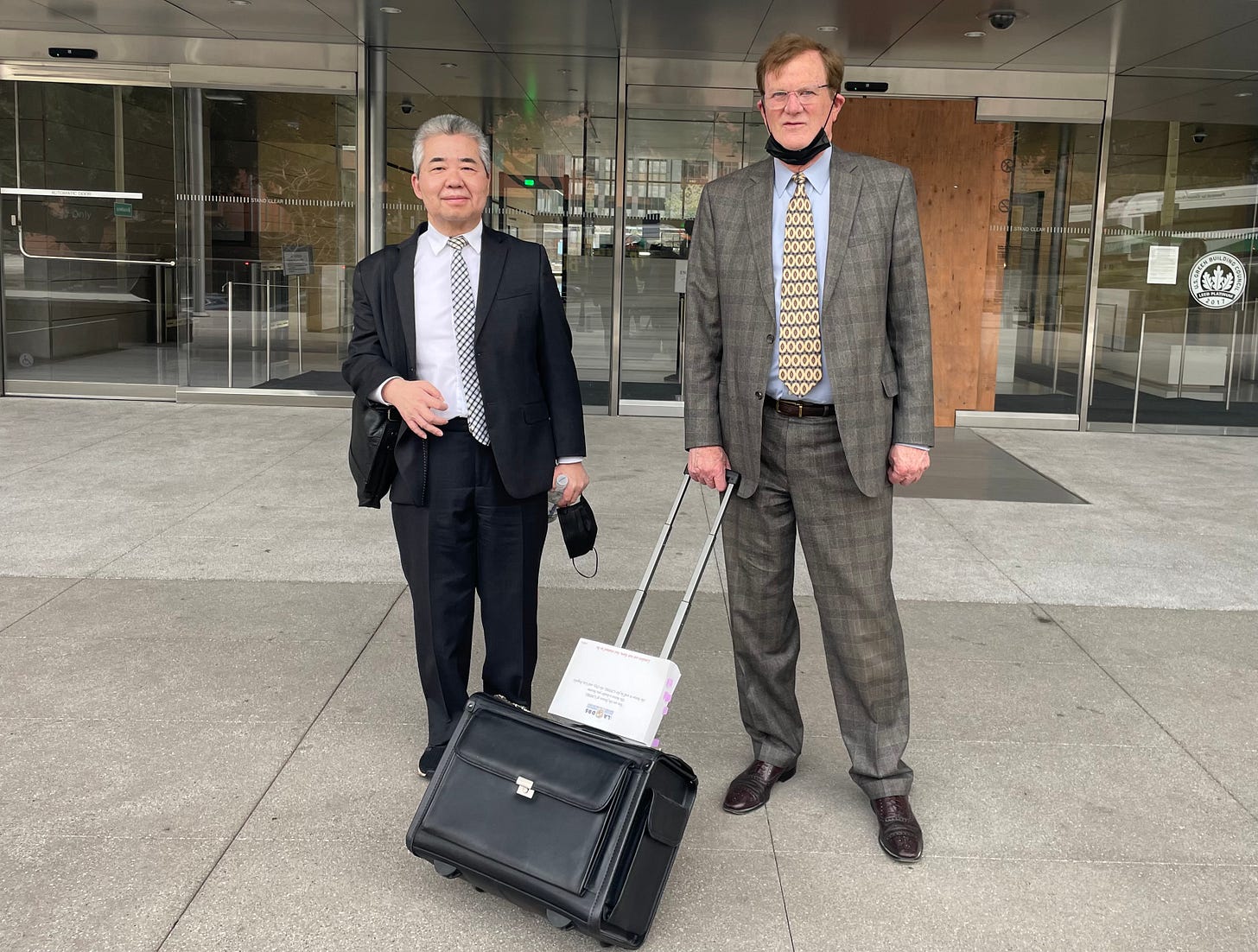'Your Honor! This is proper!' Harland Braun gives his opening statement in ex-L.A. deputy mayor Raymond Chan's federal corruption trial
Chan faces decades in prison if convicted in a 12-count indictment alleging a bribery scheme with ex-L.A. City Councilman José Huizar and wealthy real estate developers.

The $8,000 bottle of Cognac prompted the first sustained objection.
Defense attorney Harland Braun was a couple minutes into his opening statement in former deputy Los An…


